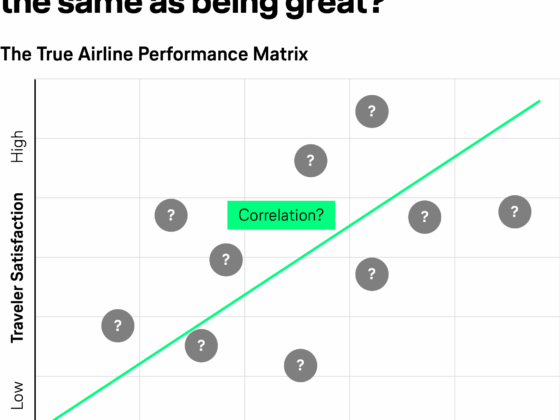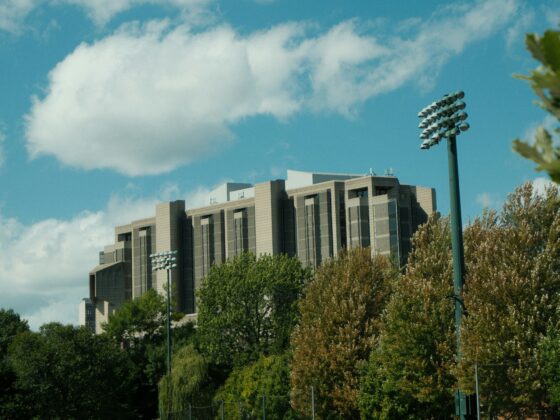An incredible journey from post-Soviet Kyrgyzstan, via Oxford University, to her current role as Glion’s Academic Dean… the inspirational backstory of Dr. Antonina Santalova was just begging to be told. In this exclusive feature, we finally tell it.
To most Western observers, the collapse of the Soviet Union was seen as an unalloyed good. It marked the end of the Cold War; even the ‘End of History’ as one noted political scientist posited at the time.
But such seismic change felt quite different to those ‘on the ground’ in the 15 Soviet Socialist states which had constituted the USSR. They included Kyrgyzstan, one of five Central Asian ‘stans’ that were famous for their very multicultural environments.

“The collapse of the Soviet Union in the 1990s was a wild time for my country,” explains Antonina Santalova. “When the union collapsed, economic wellbeing of the general population declined overnight. The decades of a planned economy were over, while there was no knowledge of how to build an open, market economy!”
Into this void stepped a series of oligarchs, who used their wiles to take financial control of newly-privatized industries – a story that was repeated across the former Soviet Union.
For Antonina, opportunities of a more wholesome nature quickly emerged. The key factor behind this was a passion for education that had been instilled in her from birth.
Languages matter
“Education was one of the cornerstones of the Soviet system; in fact it had been the only social lift available during the Soviet period,” she continues. “Central Asia was a region with an almost 100% literacy rate, which reflected the tremendous value given to education.”
After the collapse of the Soviet Union, it wasn’t just literacy that made the difference for the population of the newly born state; it was a command of languages that included the all-important English.

“Although my family tongue was Russian, I was one of the few people in my circle who spoke English, because my mother had insisted that I attend one of the best schools in the country, where I concentrated on studying English,” she says. “Right from an early age my mother and father had drilled into me the importance of education.”
And little wonder, given the family’s history. To escape Stalin’s repressions in the European part of Russia, Antonina’s great-grandfather, his wife and their three children had set off for Central Asia. After a hazardous and near-fatal journey they made it to Kyrgyzstan, where the great-grandfather’s education enabled him to land a role as accountant to a newly established collective farm, becoming effectively number two in the managerial structure.
Kyrgyz civil society takes hold
Fast-forward to post-Soviet Kyrgyzstan and the path to survival required more than collective farming. It would take knowledge to make a positive contribution to creating a new civil society from the ashes of the former structure. Responding to this need, Antonina’s enthusiastic commitment to education envisioned academic plans which at the time looked like they might never be realized.
“While my eldest brother managed to complete his higher education in Kiev, Ukraine, my dreams to study at Moscow State University failed as soon as the USSR collapsed. After the abolition of Soviet currency there was no way that my family could afford sending me to a foreign country to study,” she notes.
“Kyrgyz national state university (pictured below) was a highly regarded academic institution, but with independence gained, higher education was free no longer. I did not want to put the financial burden of funding my education on my family. However, becoming a winner of the Republican Olympiad academic competition would guarantee free education at the university. So I decided to compete in the Republican Olympiad in the English language and literature contest – and I won, which meant my education would be free!”

While earning a Bachelor and Master’s in Linguistics and a MSc in Economics at the university, Antonina’s English skills landed her an interpreter’s and then teacher’s job at the educational foundation of the First Lady of Kyrgyzstan’s first post-Soviet President.
“It was a brilliant opportunity to make some change to children’s lives. I would help build a school for talented children from poor backgrounds.”
With Antonina eventually hired as an Education Development Officer at the Ministry of Education, mixing in government circles provided a rare opportunity to help launch fundamental reforms in education backed financially by the Asian Development Bank.
“Institutions that took decades to get established in the West, had to be created virtually overnight in the post-Soviet states. It was amazing to be part of that process. Frightening also. But fascinating. It was like being inside a big laboratory – everything was mushrooming. We had the Americans involved with the stock exchange project, and then later there was Middle Eastern capital interested in investments in education. My heart was always on the education side, though.”






